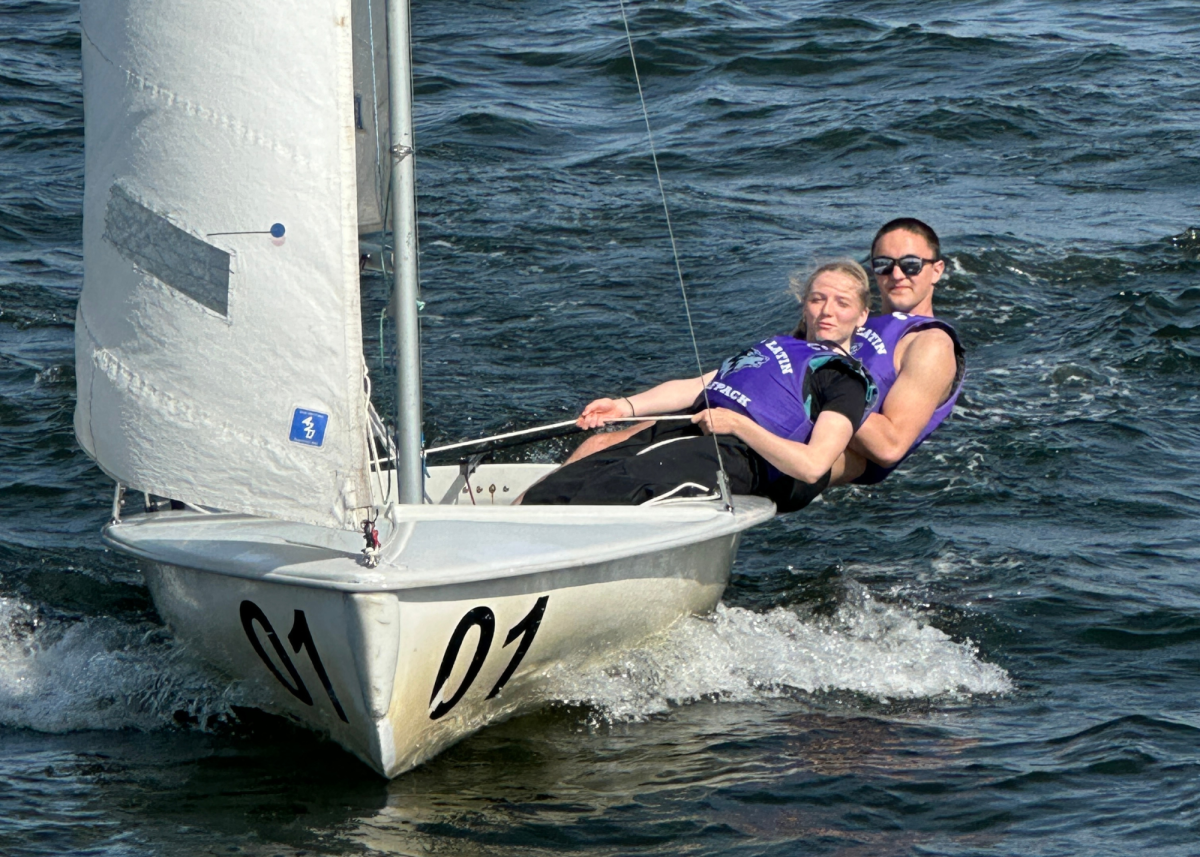The Soviet Union’s use of anabolic steroids during the 1954 World Weightlifting Championships was the first confirmed use of performance-enhancing drugs (PEDs) in competitive sports. Since then, global athletic competitions have undergone changes to ban the use of PEDs by testing athletes regularly. Organizations running competitions like the Olympics have agreed that any sort of doping can put athletes at risk and inaccurately display their athletic abilities. Aaron D’Souza is seeking to change this current reality.
Aaron D’Souza is a famous Australian entrepreneur and the president of the Enhanced Games competition, an international, multi-million dollar sports competition meant to take place in the near future. He studied law at Oxford University, where he was able to make important connections with powerful people, including billionaire Peter Thiel. Thiel is helping D’Souza to produce this unorthodox athletic competition. D’Souza came up with the idea to host an Enhanced Games after conversations with an Oxford bioethicist, and his disdain for corruption scandals in competitions where they are meant to be banned. Many private investors, including figures like Donald Trump Jr., back him up.
The Enhanced Games is a display of athletic strength from all over the world. It is different from the Olympics and other sports competitions, however, because it would not involve any drug testing. In fact, athletes are essentially encouraged to use PEDs to help them compete. The Enhanced Games’s concept of doping without limit has obviously become a very controversial topic, and there are multiple viewpoints on both the ethical and physical aspects of such a contest. Two European swimmers have already started taking PEDs and enrolled in the games, which are currently scheduled to take place in May of 2026.
From a scientific standpoint, athletes’ use of PEDs could lead to a multitude of complications. For instance, athletes could develop addiction or health problems leading up to and after the games due to excessive doping. The long-term health effects of steroids have not been properly studied and remain uncertain.
BLS chemistry and biology teacher Ms. Gina Castellanos Ellsworth has a background in pharmaceuticals. At her lab, she — along with many professors in her department — has researched molecules that may eventually contribute to the development of chemotherapy. When asked about the Enhanced Games, she was concerned about the long-term effects of PEDs on users and the impacts of doping on children. She specifically notes the ages of Olympians: “The youngest Olympic athlete was 13; some countries have a minimum of 16, but not all, and consent is tricky in those scenarios, particularly in the [United States].”
As for her thoughts on the ethical component of this competition, Ms. Castellanos will likely not tune into the Enhanced Games.
She says, “I think it violates the very ethos of what [international sports competitions] mean to the world at large.” She noted, however, that she may watch an individual event if there was a possibility a previous record would be broken.
The Boston Latin School athletic community also holds unique opinions on the Enhanced Games. As athletes and students in an environment that pushes them to try as hard as they can, the creation of Enhanced Games may strongly affect their personal thoughts on PEDs.
Aina Nguyen (II), a member of Boston Latin Powerlifting Club, tells us that she “definitely wouldn’t want to watch the Enhanced Games” because she does not agree with “the amount of steroid use it could come with.” She also shares that as a member of the powerlifting team, a sport that is intensely impacted by doping, she would not find the type of competition displayed entertaining, because it “isn’t showing athletes’ real strengths and how hard they worked authentically.”
Although some students shy away from the competitions, some students may believe that it can still be interesting to watch Enhanced Games.
Jared Acevedo (III), who is on Boston Latin’s varsity track team, says that he thinks watching the Enhanced Games “would be cool.” Track is another sport affected by PEDs, and, similar to Ms. Castellanos, Jared thinks it would be interesting “to see people break new records,” even if he does not necessarily agree with the use of doping in most sports competitions.
In the end, the idea of the Enhanced Games being held is certainly both an intriguing and controversial one, but it raises both ethical and health-based questions about what doping means for the future of sports competitions and medicine.
Categories:
Introducing the Enhanced Games
By Kyle Lange (II) & Chelsea Bateman (III), Contributing Writers
June 24, 2025
0







